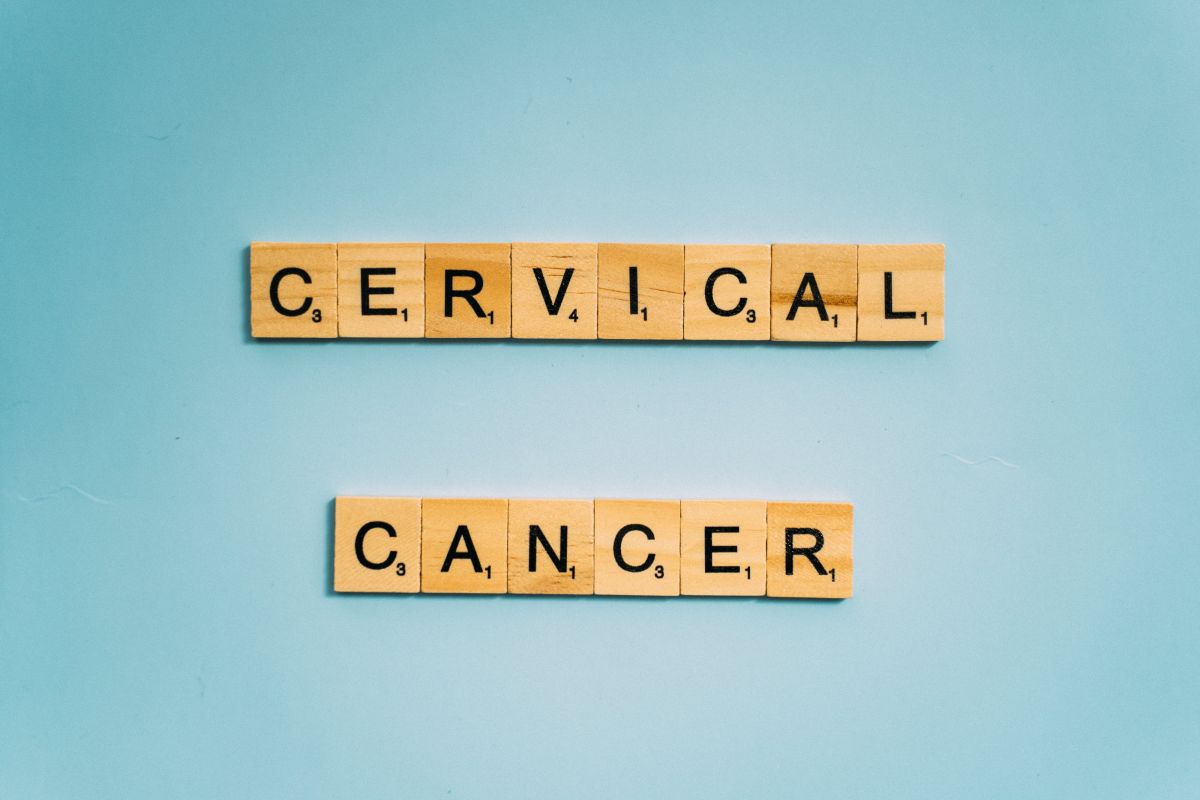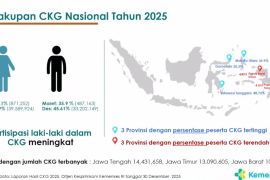"Cervical cancer immunization is only a part of prevention. We must also implement clean living behavior, including safe sexual behavior," the ministry's Director of Immunization Management, Prima Yosephine, stated on Tuesday.
Yosephine underscored the need to provide the public with educational material related to safe or healthy sexual behavior, including not having multiple partners.
According to Yosephine, some people abstain from talking about sexual behavior. In fact, several diseases are transmitted due to unhealthy sexual behaviors.
She also emphasized the importance of early detection to prevent the disease with pap smears, especially in women, who are sexually active and aged 35 to 45 years, despite being administered the human papillomavirus (HPV) immunization.
"They have to routinely carry out early detection for prevention. It is better to discover it early before it becomes cancer," she explained.
Related news: Ministry changes standard for cervical cancer examination to HPV DNA
Cervical cancer occurs when abnormal cells grow in the cervix and form a malignant tumor. HPV infection is the main cause of this cancer and is transmitted through sexual contact with an infected person, she stated.
When someone is infected with HPV, then that person does not immediately get cervical cancer. In contrary to COVID-19, cervical cancer only appears 20-25 years later after someone is infected with HPV, Yosephine explained.
In addition, she stated that a weak immune system, a history of sexually transmitted infections, a family history of cervical cancer, and having sexual relations at a very young age are known to be risk factors for cervical cancer.
"We always recommend all married women to routinely undergo pap smears as a form of early detection to assess the health of their cervix," she suggested.
Related news: Health Ministry plans to expand national HPV immunization coverage
Translator: Lia Wanadriani S, Resinta Sulistiyandari
Editor: Yuni Arisandy Sinaga
Copyright © ANTARA 2023












